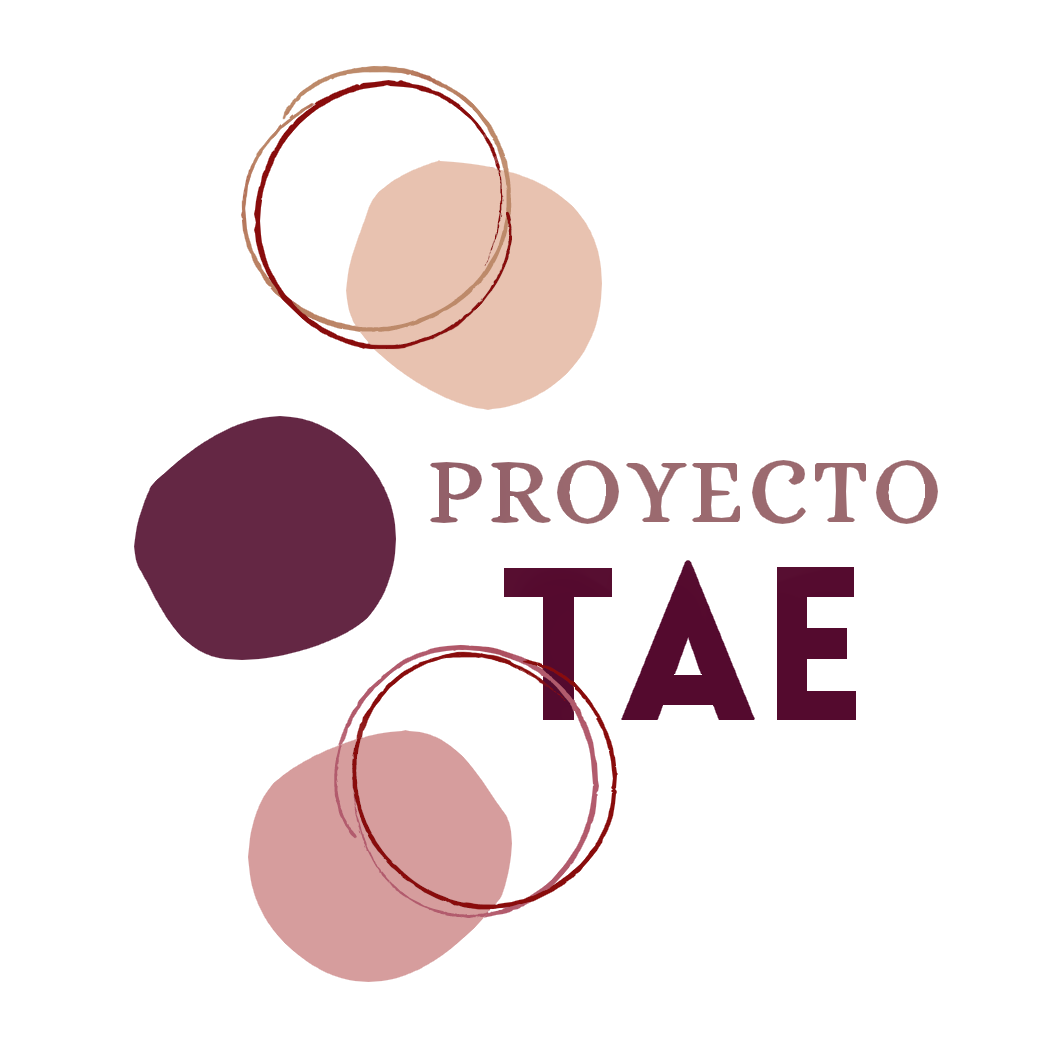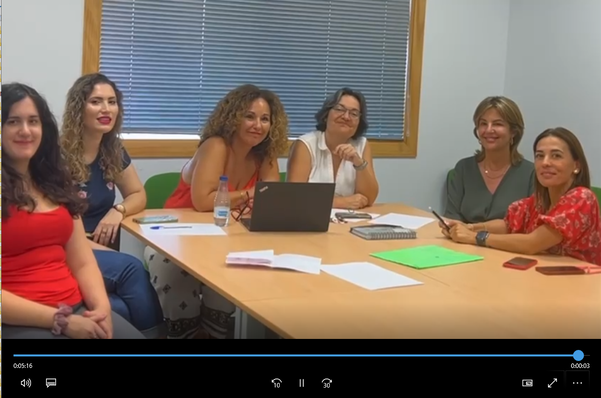Nuestro artículo Differences in Self-Perceived Employability between University and VET students: an analysis of Emerging Adults in Spain, publicado en la revista Education + Training es uno de los más descagados el pasado año, además de el más descagado en los últimos 12 meses.
Más →¡Arrancamos la recogida de datos!
Más →Rocío de la Fuente como joven investigadora ha sido merecedora del premio.
Más →¡Este año participamos en la Noche Europea de los Investigadores!
Más →Guía sobre Informes Nacionales e Internacionales de Juventud
Más →Ya tenemos listos los informes para los centros que hemos elaborado a partir de los datos recogidos durante el pasado otoño. Están disponibles en el apartado de Recursos los informes de la Universidad de Sevilla y de la Universidad del País Vasco/Euskal Herriko Unibertsitatea.
Esta semana comienza el envío de informes personalizados a los centros de secundaria que colaboraron con la recogida de datos.
Más →
